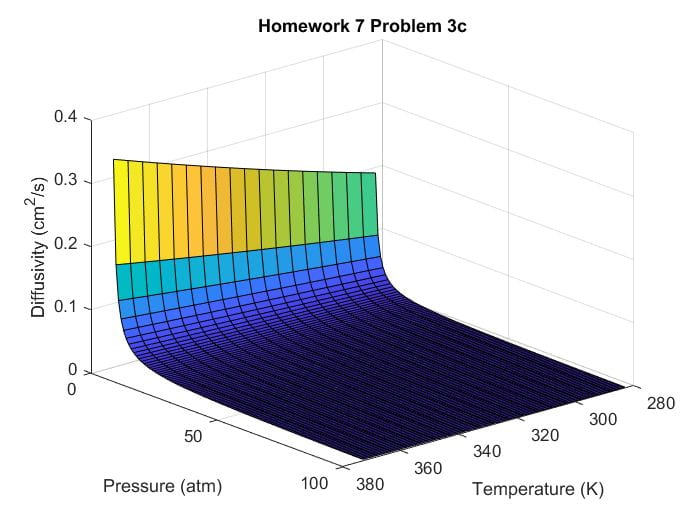Deztini Johnson
Service Learning
The Mid Ohio Foodbank Collective
My STEP project was a service learning opportunity at the Mid Ohio Foodbank. This is a collective foodbank, meaning it has branched facilities where the community can have access to resources closer to them. Within my project I volunteered at 3 of these facilities, Mom at Heart, Neighborhood society Inc., and South Roots at Reeb. As I did many different jobs at these facilities, I was able to make non perishable food boxes, hand out hot meals, and help people job for free groceries.
One view that I had that has changed after completing my STEP project were the people who I thought were in need the most. Being an African American female, I know from experience and from what it broadcasted that we struggle when it comes to poverty. This sometimes can include food resources. I also say this compared to how our society is and our white counterparts, I expected to see more people of color who looked like me, but that was not the case. Within these facilities there where many ethic groups present, there were also blacks and whites but in much lower numbers. I am not a judgmental person, but I have learned to experience things first than to assume. While understanding this, I learned that when it comes to many situations I tend to assume, good or bad, or always have a theory. I do not think this is always bad, because in some cases it can help me to stay safe, but in some it can be unnecessary. I now will go into many things with all arms and fists open, ready to learn and not assume.
As I stated before, I am not a judgmental person but an assumer, if I shall say. At the NSI foodbank, the coordinator and I spoke about working and serving the community in a judge free, non discriminately way. I also had to sign a consent form that this would never happen. This was great for me because I knew that this would be a place of peace and wholesomeness. None of the other facilities did this and I thought that was interesting. Being only one of few people of color working at the facility, this was nice to see that the staff cared for everyone. Also being one of color, I had expected to see more like me, but didn’t. I did not judge anyone or think about doing so. This just opened my mind to understand that there are many people out there who need assistance that we may not see broadcasted.
Within the Mom at Heart Food Bank, the staff incorporated faith into their giving and service at the foodbank. This foodbank was different because shoppers were able to come into the facility and shop for their groceries. Majority of the staff were great, but there were some older staff who were not so welcoming. This also relates to my assumptions because I thought people in this organization doing such amazing work were very kind and had open arms. However, this was a slightly different case. One older woman had the energy that she barely wanted to talk to anyone and the other was kind, but she once was rude with a guest in the community. This in a weird way helped transform my opinion or assumption that all people of faith or do this work are 100% pure and openhearted.
Lastly, at Southside Roots, there were a lot of people not of color, or white people that received food. This also helped me to understand that there are people in every community who struggle no matter their skin color, age, or economic status. The woman who ran the entire facility was also black which made me happy. In the world, we see many people in charge white men. However, in this case, the person in charge was a black woman. This relates to my transformation of my view of society. It is true that white men are in powerful positions, but it is always possible for women, especially black women to be in these seats as well. So, this pantry helped to dive deeper into this view of society along with a diverse group of people wanting/ needing resources and places for them to receive those resources.
This change relates to my life in many ways. The first is by the way I sometimes perceive the world and our society. My assumption that many people of color utilize governmental resources frequently ties into how people of this community are treated. The black race is a group left out and always seem to be at the bottom of many things such as financial stability and academia. It is not our fault, but many people expect us to need more than other groups. This also relates to times in history. So, for me I had this assumption because I lived in it and know what my many people in my cultural group go through. On the bright side, being able to work at these food banks and see all groups of people is amazing to me. Despite what or who I may have expected to see at any facility, I love helping people and being able to give as much as I can to everyone.
I also plan to be a pediatric Nurse Practitioner in the future. This new transformation will allow me to think and understand anything about a situation and patient before assuming anything. This is a great skill to have to not overstep boundaries or cause any hurt to anyone. Overall, this project was not only rewarding but knowledgeable
 .
.



















